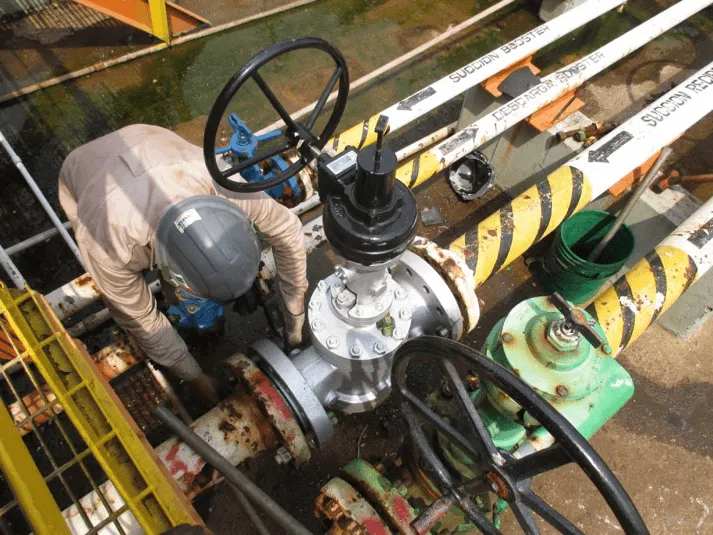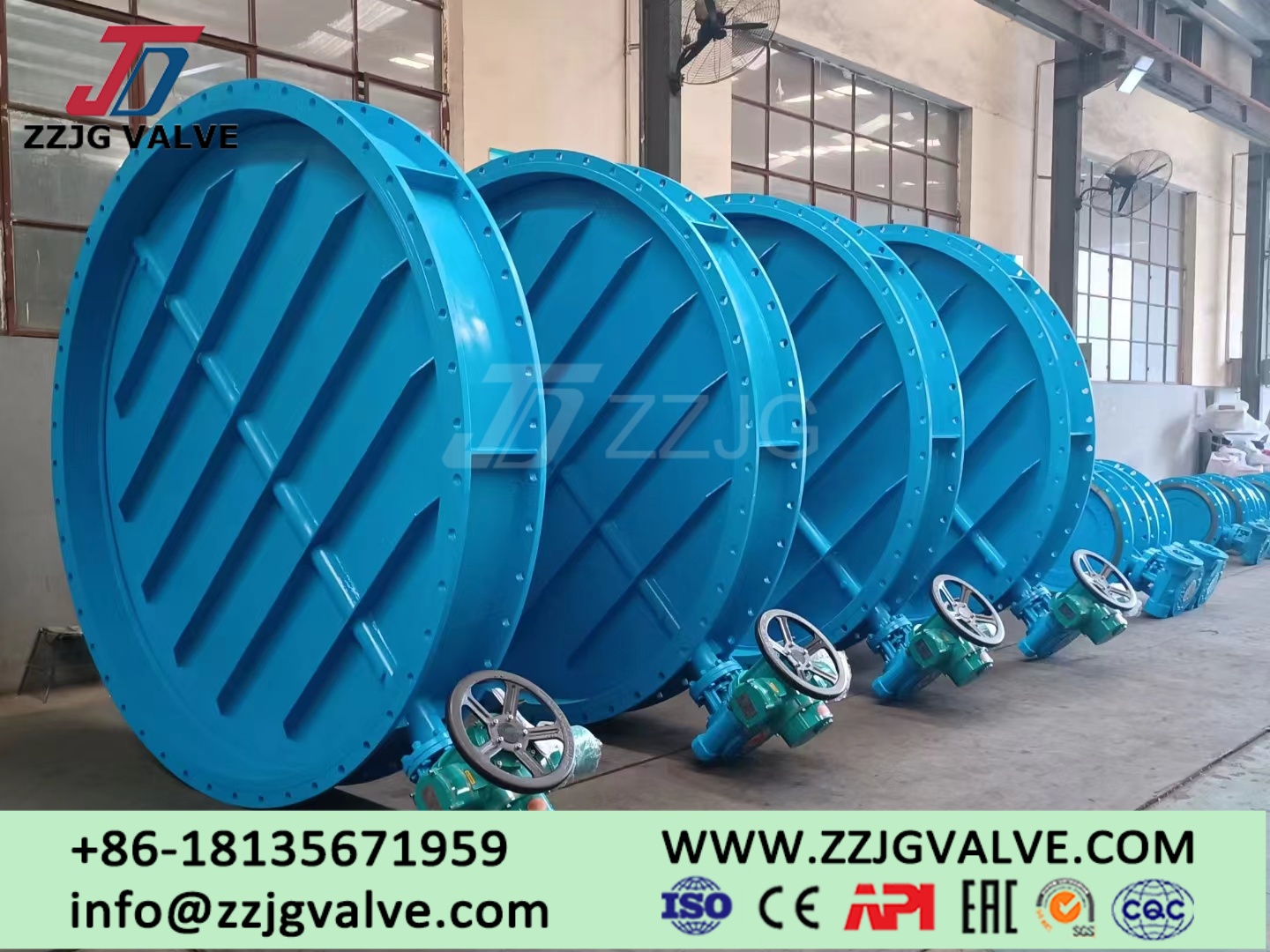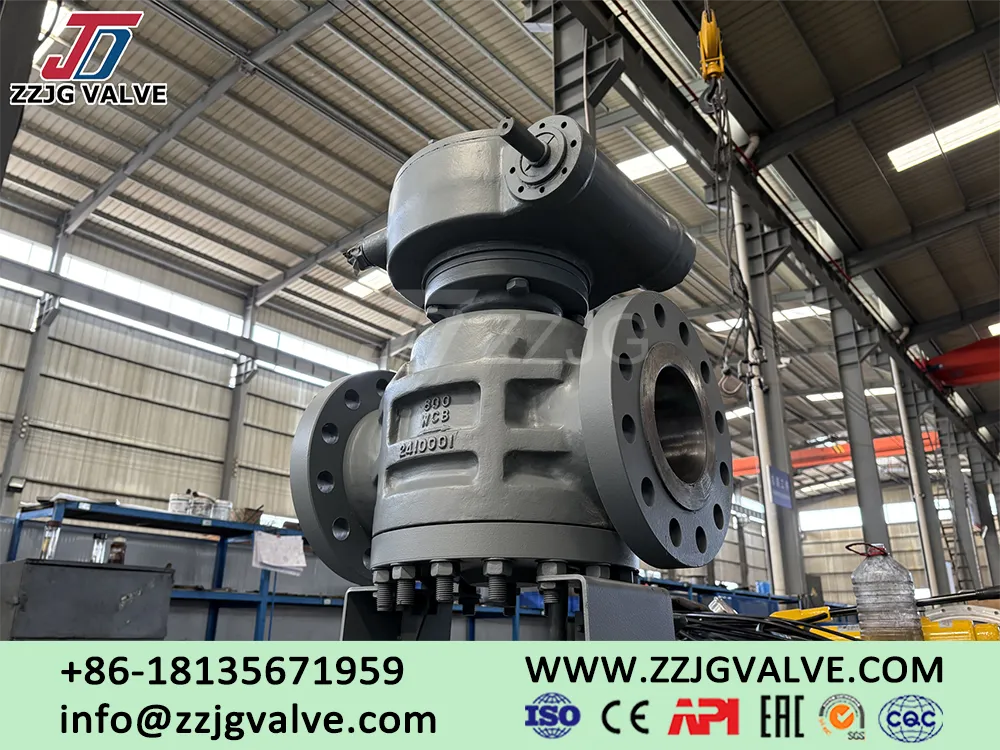Analysis of the Application & Characteristics of Plug Valve
Plug valves are valves that can be turned on and off or regulated by rotating the valve core (plug) in working conditions. The structure of plug valves includes valve body, plug and sealing components. The cylindrical or conical plug can be opened or closed by rotating 90 degrees. Due to its excellent sealing performance, compact structure, easy operation and adaptability to a variety of harsh working conditions, it is widely used in many industrial fields. This article analyzes the characteristics and applications of plug valves from two aspects.
1. Characteristics of Plug Valves
1.1 Simple Structure & Easy Operation
The Structure of plug valves is simple and compact, mainly consisting of 3 parts: valve body, plug and operation. The valve is opened or closed by rotating the plug 90 degrees, with small operating torque and labor saving, and multiple driving modes such as manual, pneumatic, electric or hydraulic.
1.2 Excellent Sealing Performance
The sealing performance of plug valves is one of its core advantages. The seal between the plug and the valve body is usually metal-to-metal seal or soft seal (such as PTFE, rubber, etc.) according to the working conditions.
Metal-sealed plug valves are suitable for high temperature, high pressure and corrosive media
Soft-sealed plug valves have zero leakage under low temperature and low pressure conditions
1.3 Small Flow Resistance
The straight-through flow channel design has a small flow resistance when the fluid passes through the valve, and almost no pressure loss occurs. This feature makes it particularly suitable for high flow and low pressure drop conditions.

1.4 Adapt to Various Media
According to the characteristics of the medium, plug valves can choose different materials and sealing forms.
Valve Body Forged: LA105, LF2, F5, F9, F11, F22, F304, F316, F347, F904, F51, F53, F310, N08020, Inconel625, etc.
Valve Body Cast: WCB, LCB, C5, C12, WC6, WC9, CF8, CF8M, CF8C, 4A, 5A, CN7M, C95800, CW6MC, etc.
Seat Sealing: SS, BR, CU, AS, CS, AL, PTFE, NBR, FKM, AI203, etc.
1.5 High Temperature & High Pressure Resistance
Hard seal plug valves has excellent performance in high temperature and high pressure environment, and is applicable of harsh working environments, such as natural gas, petroleum, and chemical industries.
1.6 Easy Maintenance
Due to its simple structure design,plug valve is easy to maintain and disassemble, seal replacement is easy, which effectively reduces maintenance time and labor costs.
2. Main Application Areas of Plug Valves

2.1 Oil & Gas Industry
Plug valves are crucial in the oil and gas industry and are mainly used in oil and gas extraction, transportation and storage.
Oil and gas extraction: The plug valve's high pressure resistance and corrosion resistance can adapt to complex downhole conditions. During drilling and oil production, the plug valve is used to control the flow of media such as mud, crude oil and natural gas.
Pipeline transportation: In long-distance oil and gas pipelines, plug valves are used to adjust flow, isolate pipe sections and prevent medium backflow to ensure the safety and reliability of the transportation system.
Storage tanks and terminal facilities: Plug valves are used to control the entry and exit of media. Their sealing performance can effectively prevent leakage and are widely used in storage tanks and liquefied natural gas (LNG) terminals.
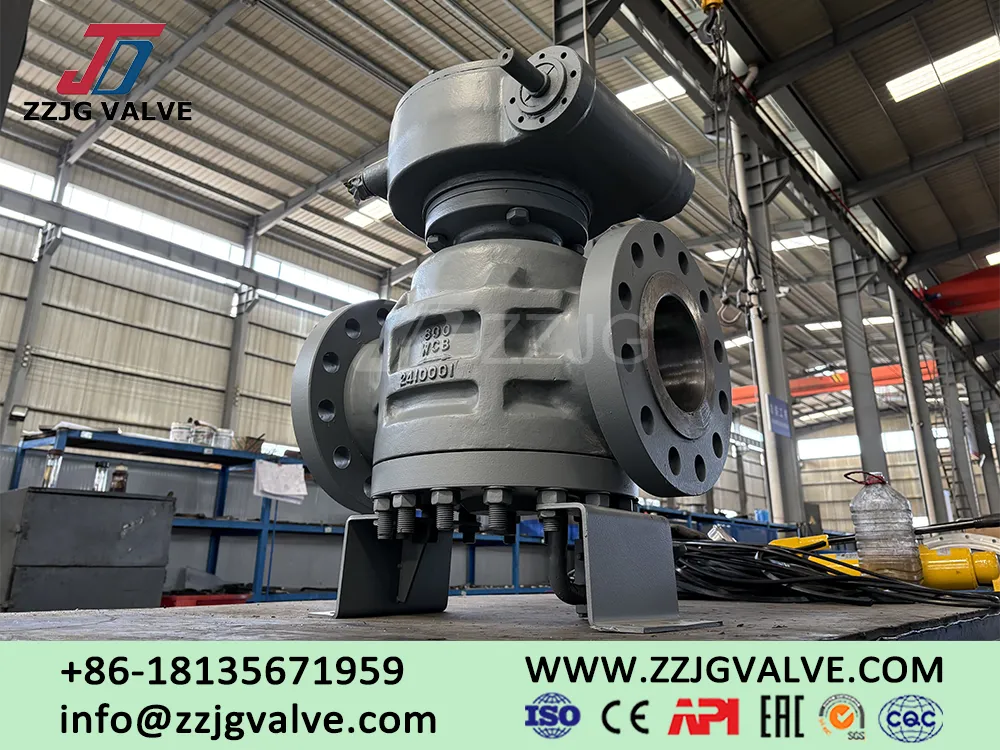
2.2 Chemical Industry
The chemical industry has extremely high requirements for the corrosion resistance, sealing and reliability of valves. Plug valves are an ideal choice due to their diverse material selection and excellent sealing performance.
Chemical reaction equipment: In equipment such as reactors and distillation towers, plug valves are used to control the flow and pressure of chemical media to ensure the safety and stability of the reaction process.
Corrosive media transportation: When transporting corrosive media such as acids, alkalis, and solvents, plug valves can effectively prevent leakage, reduce equipment damage and environmental pollution.
Waste gas and wastewater treatment: Plug valves control the flow of media in chemical waste gas treatment systems and wastewater treatment devices to ensure environmental protection standards.
2.3 Power Industry
In the power industry, plug valves are mainly used to control the flow of media, such as steam, cooling water, fuel, etc.
Thermal power generation: In boiler systems and steam pipes, plug valves are used to adjust the flow of steam to ensure the efficiency and safety of the power generation process.
Hydropower generation: In turbine and water pipe systems, plug valves ensure the stable operation of the power generation system by controlling the switch of water flow and its flow.
Nuclear power plant: Plug valves achieve high reliability and sealing performance by controlling the flow of cooling water in the cooling system of nuclear power plants, meeting nuclear safety requirements.
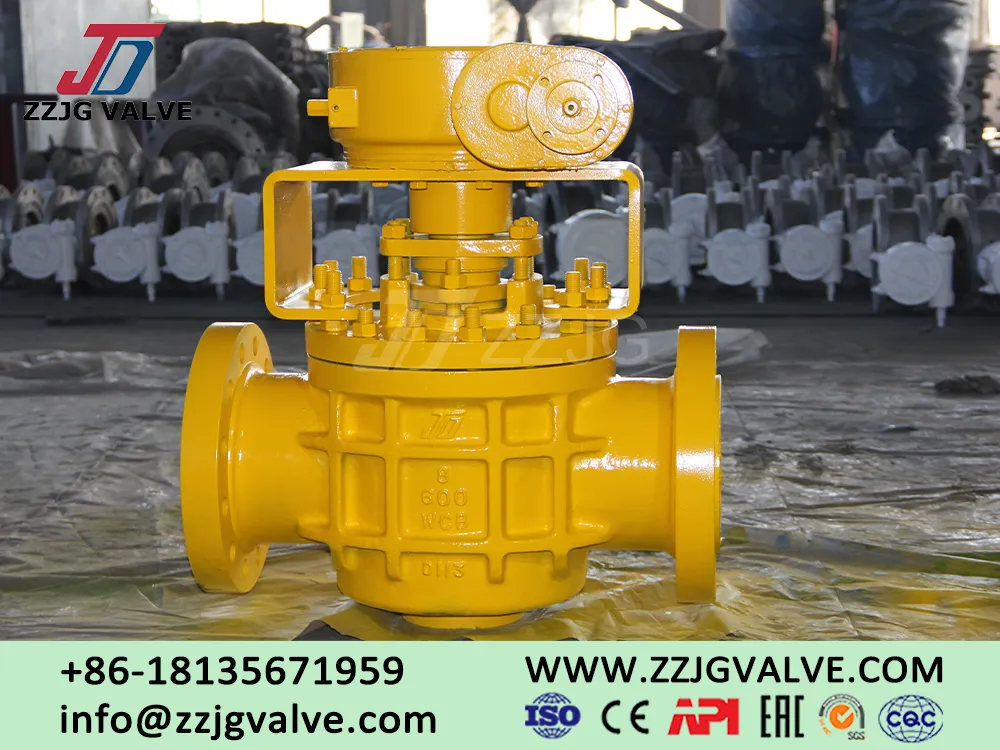
2.4 Water Treatment & Water Supply Industry
Plug valves are mainly used in the water treatment industry to adjust water pressure, control water flow, and prevent water hammer.
Tap water treatment: In water plants, plug valves control the flow of raw water and treated water to ensure the normal and stable operation of the water supply system.
Sewage treatment: The excellent corrosion resistance and wear resistance of plug valves can adapt to harsh working conditions. In sewage treatment plants, plug valves are used to control the flow of sewage and sludge, cope with complex and severe working conditions, achieve fluid control, and have a long service life.
2.5 Food & Pharmaceutical Industry
The food and pharmaceutical industry has extremely high requirements for the sanitation and cleanliness of valves. Plug valves are widely used because of their simple structure and easy cleaning.
Food processing: In the processing of food such as beverages and dairy products, plug valves are used to control the flow of raw materials and finished products to ensure the hygiene and safety of the production process.
Pharmaceutical production: In the pharmaceutical industry, hygiene and aseptic control are crucial. As an important fluid control device, the application of plug valves in pharmaceutical production lines plays a decisive role in ensuring the sterility and hygiene standards of drugs. The design of plug valves should be easy to clean and disinfect to meet the hygiene requirements of the pharmaceutical industry. In the production process of drugs, plug valves are used to control the flow of liquid medicines and gases, and their zero leakage characteristics can ensure the quality and safety of drugs.
2.6 Other Industries
Plug valves are also applied to metallurgy, construction , papermaking and other industries.
Construction industry: In HVAC systems, By controlling the flow of hot and cold water, plug valves ensure indoor temperature comfort.
Metallurgical industry: By controlling the flow of cooling water and gas, plug valves ensure safety and efficiency in steelmaking and ironmaking.
Papermaking industry: In the process of pulp and paper, plug valves ensure stability and efficiency of the production process by controlling the flow of water and chemicals.
3. Conclusion
Petroleum, chemical industry, electric power, water treatment, food and pharmaceuticals, and shipbuilding choose the plug valve due to their simple structure, excellent seal performance, convenient operation, and adaptability to plenty working conditions. With the persistent development of manufacturing technology and materials science, plug valves will be further improved and their application fields will be further expanded. In the future, plug valves will continue to provide efficient and reliable fluid control solutions for the industrial field.
